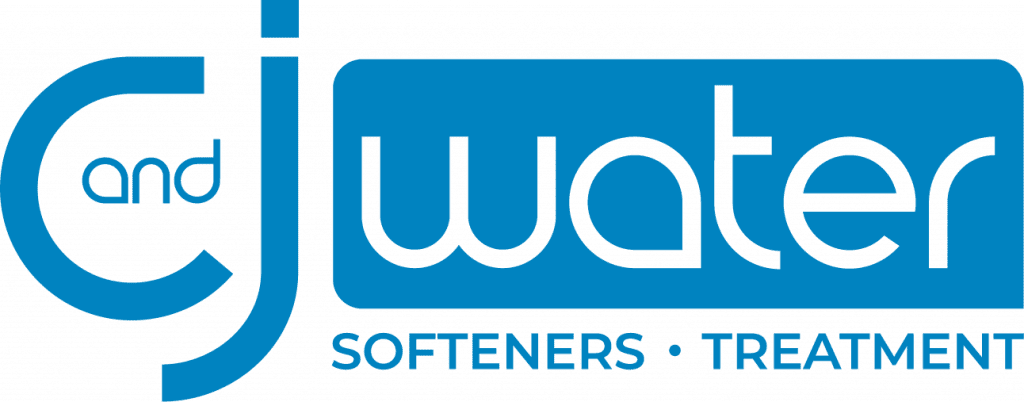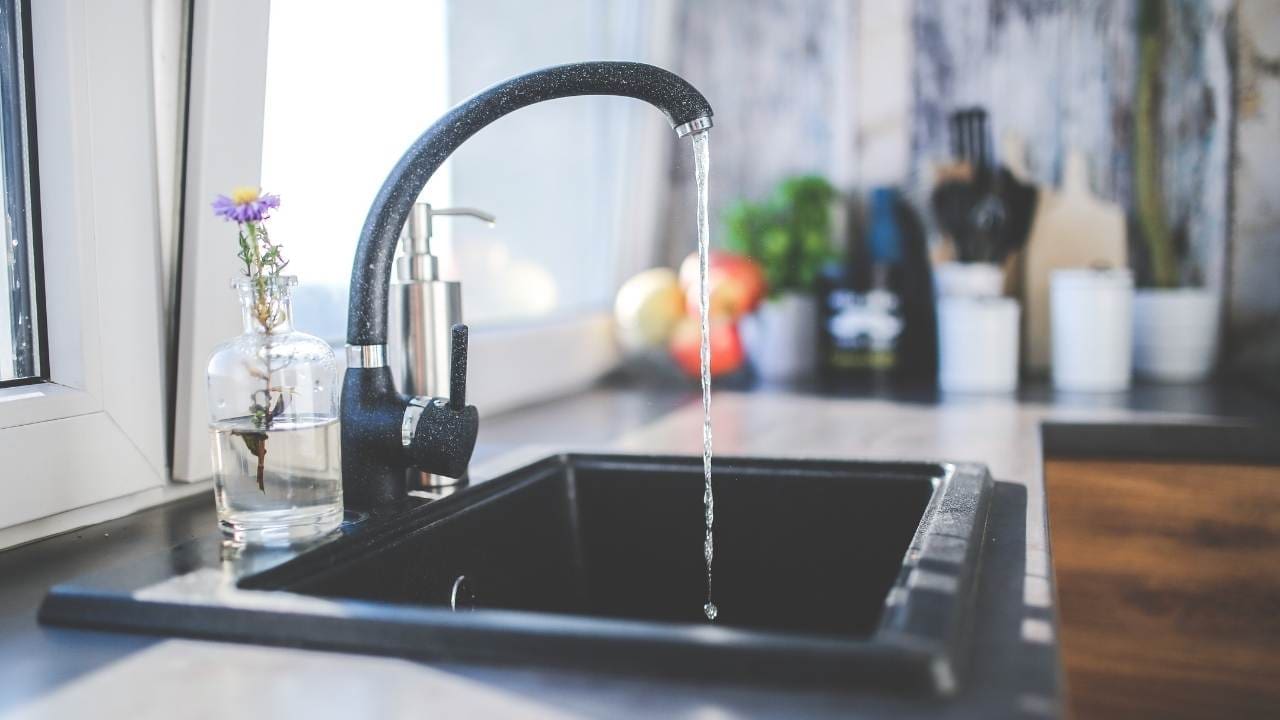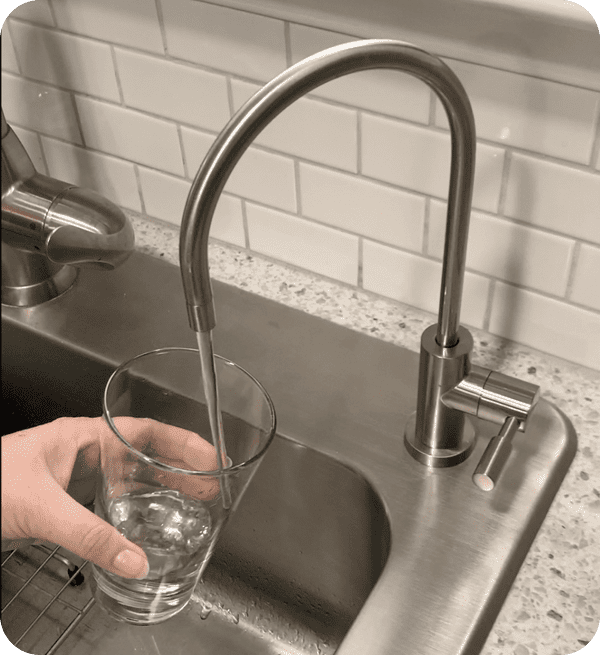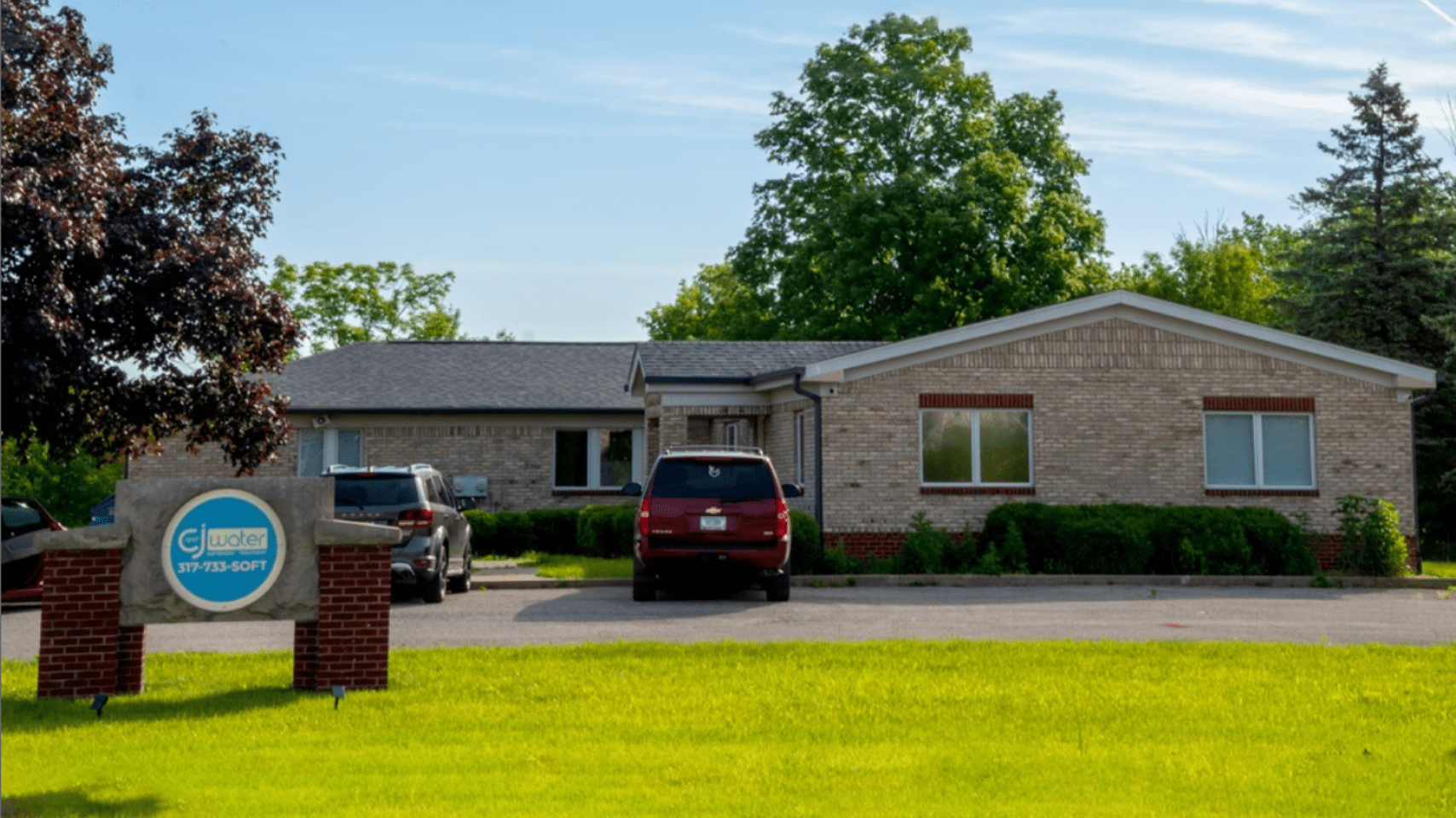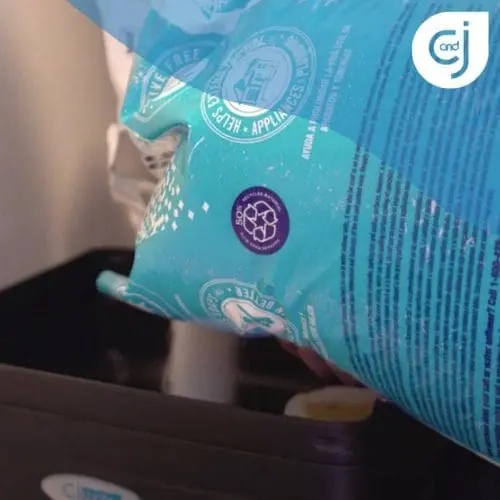You’ve probably heard that “hard water” isn’t good. But what does it actually mean for your home? Hard water contains high concentrations of minerals, especially calcium and magnesium. These minerals aren’t necessarily harmful to your health, but they can cause serious issues inside your pipes and appliances over time. Left untreated, hard water leads to plumbing problems, increased energy bills, and premature appliance failure. All of which cost you money and can be very frustrating. Understanding how hard water affects your plumbing is the first step to protecting your home. It can also save you big money in the long run.
Signs You Have Hard Water in Your Home
Soap Scum on Fixtures and Tiles
One of the earliest signs of hard water is stubborn soap scum that builds up around faucets, shower heads, and tiles. This scum forms when calcium and magnesium react with soap, leaving behind a sticky, chalky residue. Over time, this buildup can host mold and mildew and even clog your plumbing.
Higher Water Bills
When hard-water deposits start to build up and affect water flow, your plumbing system doesn’t work as well. This can cause leaks in appliance seals and eventually cracks in the pipes. This can cause higher utility bills, permanent damage to plumbing, and eventually lead to our next issue – appliance failure.
Appliance or Plumbing Malfunctions
Hard water is tough on appliances like dishwashers, water heaters, and washing machines. Mineral buildup clogs internal parts and valves, reducing efficiency and shortening the lifespan of your equipment. Pipe corrosion, blockages, and reduced water flow from mineral buildup can cause major wear and tear. This leads to more frequent—and costly—repairs. Hard water also contributes to reduced water pressure, which is often mistaken for another issue.
Stiff or Faded Fabrics
You may even notice clothes coming out rougher or not as clean as they used to be. Minerals in hard water can cling to your clothes during washing, making them feel stiff and wear out faster. Whites may turn yellow, and colors fade more quickly. Over time, repeated exposure to hard water can ruin your favorite garments and linens.
Why Hard Water Causes So Many Problems
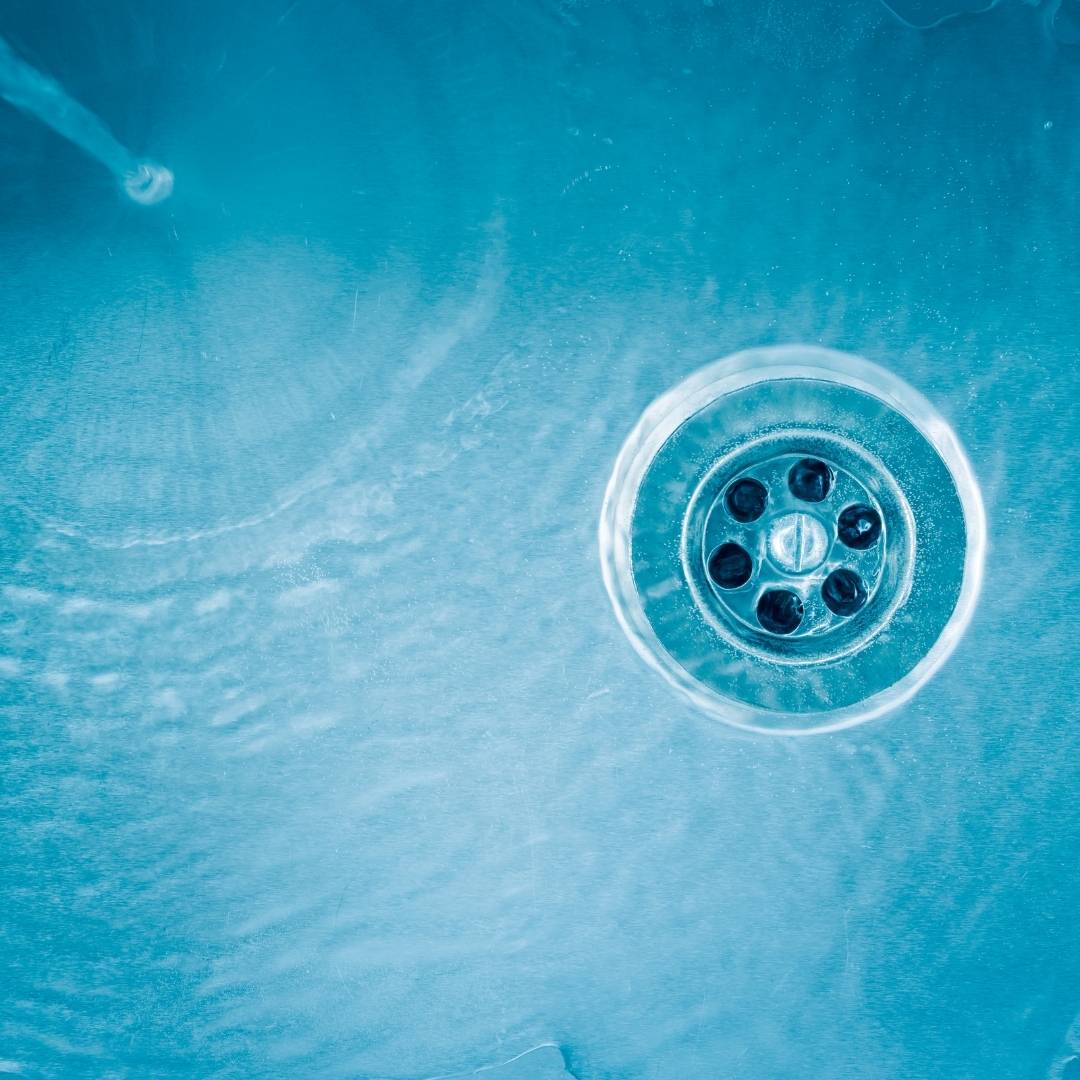
When you heat hard water in a water heater or dishwasher, the water evaporates, but the minerals don’t. Instead, they harden into solids that cling to the inside of pipes and appliances. Over time, these minerals build up and shrink the practical diameter of your plumbing and reduce flow. Even PVC or copper pipes, which resist corrosion better than older galvanized ones, aren’t immune to hard water buildup. The longer it’s left untreated, the more damage it causes—and the more expensive it becomes to fix.
How to Fix Hard Water
💧 Water Softeners
This is the most common way to get rid of your hard water. Water softeners work by using ion exchange. They remove calcium and magnesium ions from your water and replace them with harmless sodium ions. The system is installed at the point where water enters your home. This helps ensure all the water you use—from laundry to showers—is softened. A properly maintained softener improves water quality, extends the life of your appliances, and helps eliminate soap scum, stains, and dry skin issues.
💧 Reverse Osmosis (RO) Drinking Water Systems
While a water softener handles minerals, a reverse osmosis system targets additional contaminants like lead, arsenic, chlorine, nitrates, and pesticides. It pushes water through a special membrane, trapping even the smallest particles. RO systems are ideal for homeowners who want the cleanest, best water possible for drinking and cooking. Paired with a softener, it’s a complete water treatment solution.
Find Out What’s in Your Water with a Free Test
At C and J Water, we make it easy to find out if your home has hard water or other issues with your supply. We offer a Free Water Analysis—a quick test of your city or well water. We can then answer your questions and recommend the best system for your needs. There’s no pressure, just honest advice from experts who care about clean, healthy water.
